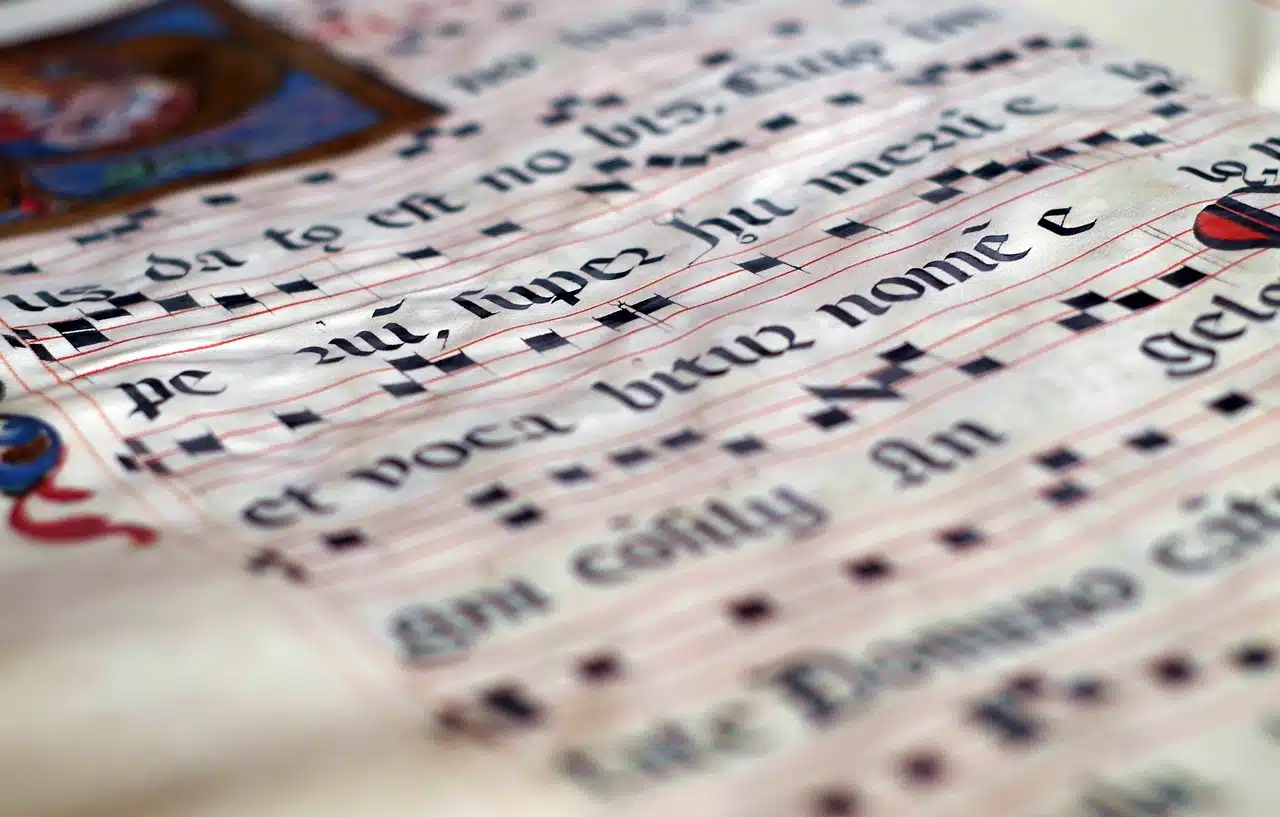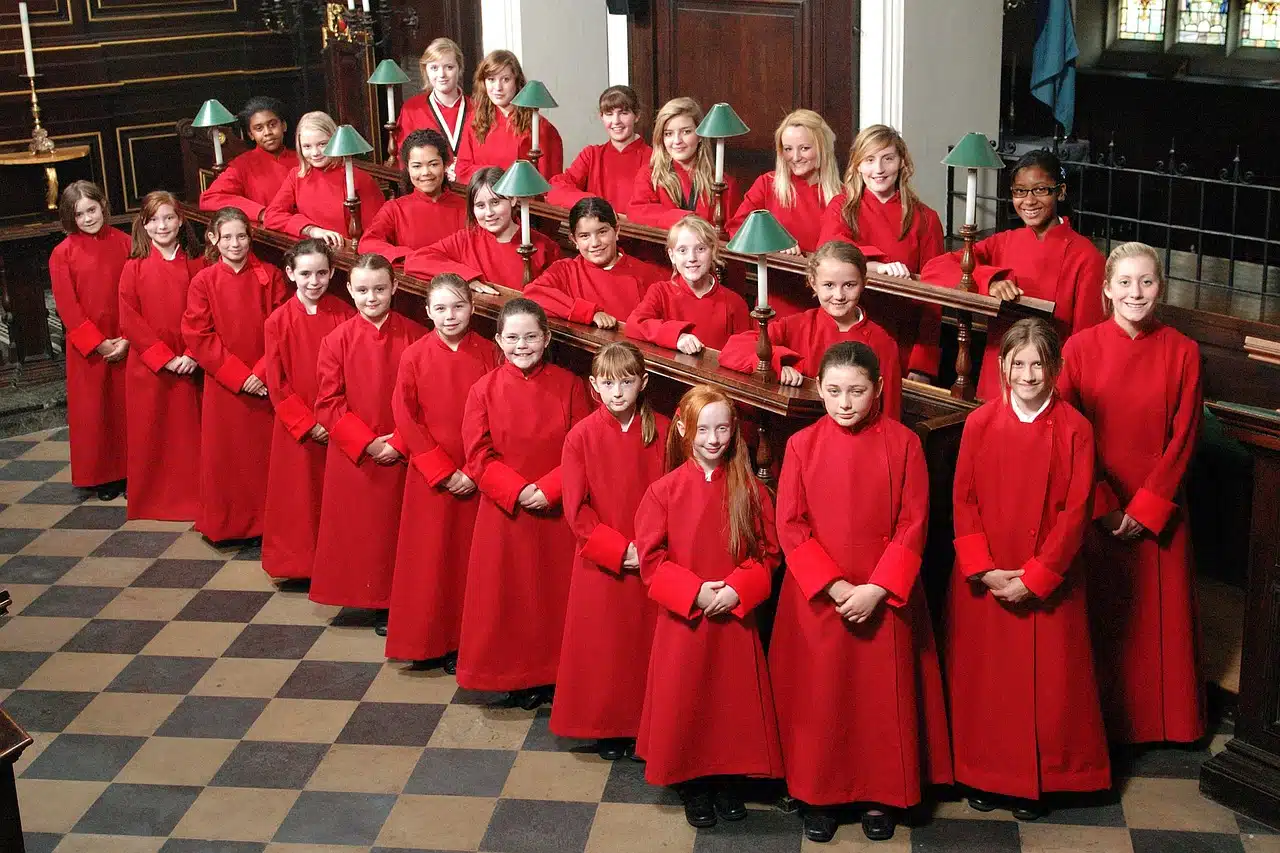
A canticle is a poetic composition that is part of the liturgical and sacred books.
A canticle is a poetic composition that is part of the liturgical and sacred books . Through songs God is praised and thanked.
It is often said that the songs are biblical hymns , although there are also songs that are not part of the Bible . It can be a part of a poem or a song .
A canticle can also be a profane (i.e. secular ) poem . In colloquial language, finally, a song improvised or chanted by a crowd is usually mentioned as a chant.
Song of Zechariah
The Song of Zechariah was recited by Zechariah when he was able to speak again after the birth of his son ( Saint John the Baptist ). Also known as Benedictus , this song is in the Gospel of Saint Luke .
It is a praise and prophecy that expresses Zechariah's joy and gratitude for the fulfillment of God's promises. Note that Zechariah had been left mute due to his disbelief upon receiving the angel Gabriel's announcement of John's birth. Throughout the song, Zechariah praises God for his work of salvation, speaks of the coming of the Messiah, and prophesies about the ministry of John the Baptist, who would prepare the way for the Lord.
Song of Simeon
The Canticle of Simeon or Nunc dimittis is included in the Gospel of Saint Luke and was recited by Simeon when he met Jesus : tradition indicates that, to this man, the Holy Spirit had promised that he would see the Savior before he died. Simeon was finally able to take Jesus in his arms when Saint Joseph and the Virgin Mary carried him to the Temple in Jerusalem .
The Song of Simeon is an expression of praise and gratitude to God for allowing him to see the promised salvation. Simeon recognizes that his life is complete and that he can depart in peace because he has seen the light to reveal the nations and the glory of Israel. Simeon recognizes in Jesus the redemption and salvation that God has sent to the world.
Canticle of the Three Young Men
The Canticle of the Three Young Men is found in the Book of Daniel and is sung in the Liturgy of the Hours of the Catholic Church .
This song is sung by the three young men: Shadrach, Meshach and Abednego , who were thrown into the fiery furnace for refusing to worship the statue of King Nebuchadnezzar. It is a song of praise and adoration to God for his miraculous protection, which exalts his power and greatness.
Magnificat
Another song from the Bible is the Magnificat , which takes the words that Mary dedicates to God when she visits her cousin Elizabeth , who was carrying Saint John the Baptist in her womb (the aforementioned son of Zechariah , her husband).
The Magnificat gets its name from the Latin term “Magnificat anima mea Dominum” , which means “My soul magnifies the Lord”. It is an expression of praise and gratitude from Mary to God, in which she magnifies and exalts the greatness and goodness of the Lord. The Virgin humbly recognizes her role in God's plan and praises the grace and mercy she has received by being chosen as the mother of the Messiah .

The songs are part of various liturgical celebrations.
Etymology
The noun canticle comes from the Latin cantĭcum , which in turn derives from the verb cantāre , meaning "to sing." In Latin, cantĭcum was used to refer to a poetic or lyrical composition intended to be sung .
The term cantāre has older roots in the Indo-European language. It is believed to be derived from the Indo-European root *kan- , meaning "to sing" or "to intone." This root has also given rise to related words in other languages, such as English chant ( sing ) and French chanter (sing).
